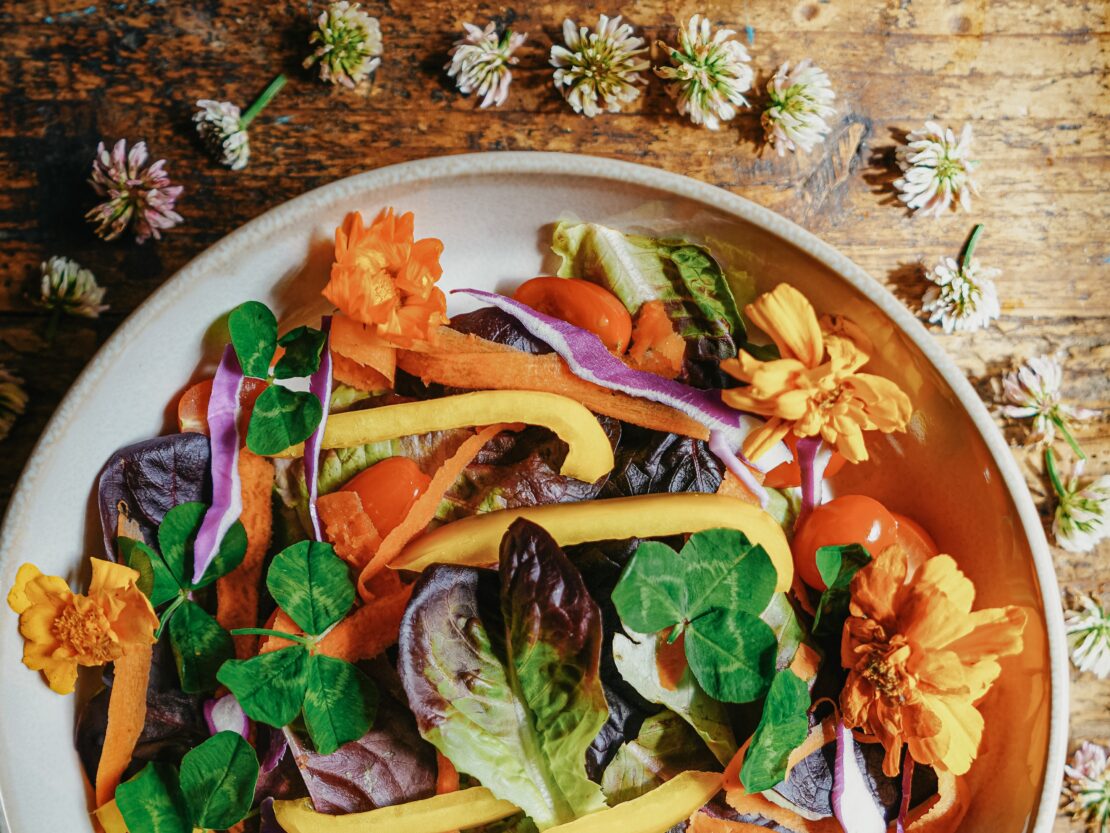
How to Increase Appetite With Herbs, Diet, and Lifestyle
Having a good appetite and being able to relish the experience of eating is a basic sign of health. However, there are a number of factors, ranging from physical to emotional to circumstantial that can diminish one’s appetite. While this may not cause much concern if it happens for only a day or two, a low appetite can become problematic, not to mention a health concern, if it carries on for an extended period of time. Eating too little can lead to unwanted weight loss, low energy, and even malnutrition. Fortunately, there are ways to address this issue. By examining lifestyle factors, emotional factors, and physical components, and working with diet, spices, and herbs to increase appetite, there are many ways to help regain a healthy hunger and desire for food.

Lifestyle Factors To Increase Appetite
Get Ample Exercise and Movement
If you find that your appetite is lacking where once it was strong, you may want to initially consider any changes in lifestyle, such as whether or not there has been any decrease in physical activity. If you have a regular movement and exercise routine, factors such as travel or added work and family responsibilities can easily take your routine out of balance—and sometimes it creeps up on us! So, if you find that you aren’t as hungry as normal or that you feel full after eating less than usual, you may want to first consider if there have been any noteworthy shifts in terms of your physical activity.
Addressing Mental and Emotional Health
It’s no secret that mental and emotional health affect eating habits. While some people have a tendency to eat more or reach for heavy, sweet comfort foods when they are stressed or struggling emotionally, many people lose their appetites when emotional troubles set in. If you find that mental or emotional challenges or heightened stress are affecting your appetite, you may wish to dedicate extra care and support to those aspects of your wellbeing. Emotional, mental, and physical health are truly one and the same, and fortunately there are many tools available to address emotional wellness. Talking to a trusted friend or ally, psychotherapy, mindfulness practices, physical movement, time in nature, and journaling are useful supports—and certainly not an exhaustive list. You may also want to consider herbs that support your mood, such as lemon balm (Melissa officinalis), tulsi (Ocimum tenuiflorum), rose (Rosa spp.), St. John’s wort (Hypericum perforatum), and motherwort (Leonurus cardiaca), to name a few. For further reading on herbs to support mood, you may want to read the Herbal Academy articles 5 Herbs for Mental Health Support and Top Supports for Anxiety: Herbs, Lifestyle, and Traditional Wisdom.

Consider Timing and Food Quantity
The amount of food that you eat as well as the timing of meals also has a significant impact on appetite. In Ayurveda, digestive power is referred to as agni, which can be thought of as digestive fire. When the agni is low, the appetite tends to be low as well. Too little exercise, eating heavy meals, and eating late at night are all factors that dampen or decrease agni.
Though eating a large dinner (and sometimes little to nothing at lunch) is a common practice for many people in the United States, Ayurveda suggests the opposite—eat a hearty lunch and a modest evening meal. This is because Ayurveda views the digestive fire as being strongest midday and the agni as weakening with the setting of the Sun.
In terms of the optimal quantity of food to eat, some nutritionists may offer a set amount of calories or quantity that is ideal for the individual. Ayurveda underscores the subjectivity in determining the ideal amount of food to eat—basically, it varies from person to person. The ancient ayurvedic text, the Charaka Samhita, says this about the ideal quantity of food to eat:
“How shall we know that a given amount of food is just enough for a particular individual? This can be known only by correlating the food taken with its proper digestion within a time limit. If food taken in the evening does not disturb the equilibrium of doshas as well as dhatus (bodily tissues) and gets digested and metabolised by the morning then that would be the standard measurement of food to be taken by the individual” (Dash, 2014, p. 107).
Essentially, one wants to wake up with a feeling of lightness in the morning, and ideally, to have a good bowel movement every morning. If there is a feeling of sluggishness or heaviness in the gut (which would tend to diminish appetite), then it would be wise to look at the timing and quantity of the evening meal in particular. Eating the last meal of the day no closer than 3-4 hours before bedtime, not eating past a sense of 75-80% fullness, and emphasizing lighter foods (especially in the evening) can all help create a sense of physical lightness the following day and keep the appetite burning strong.
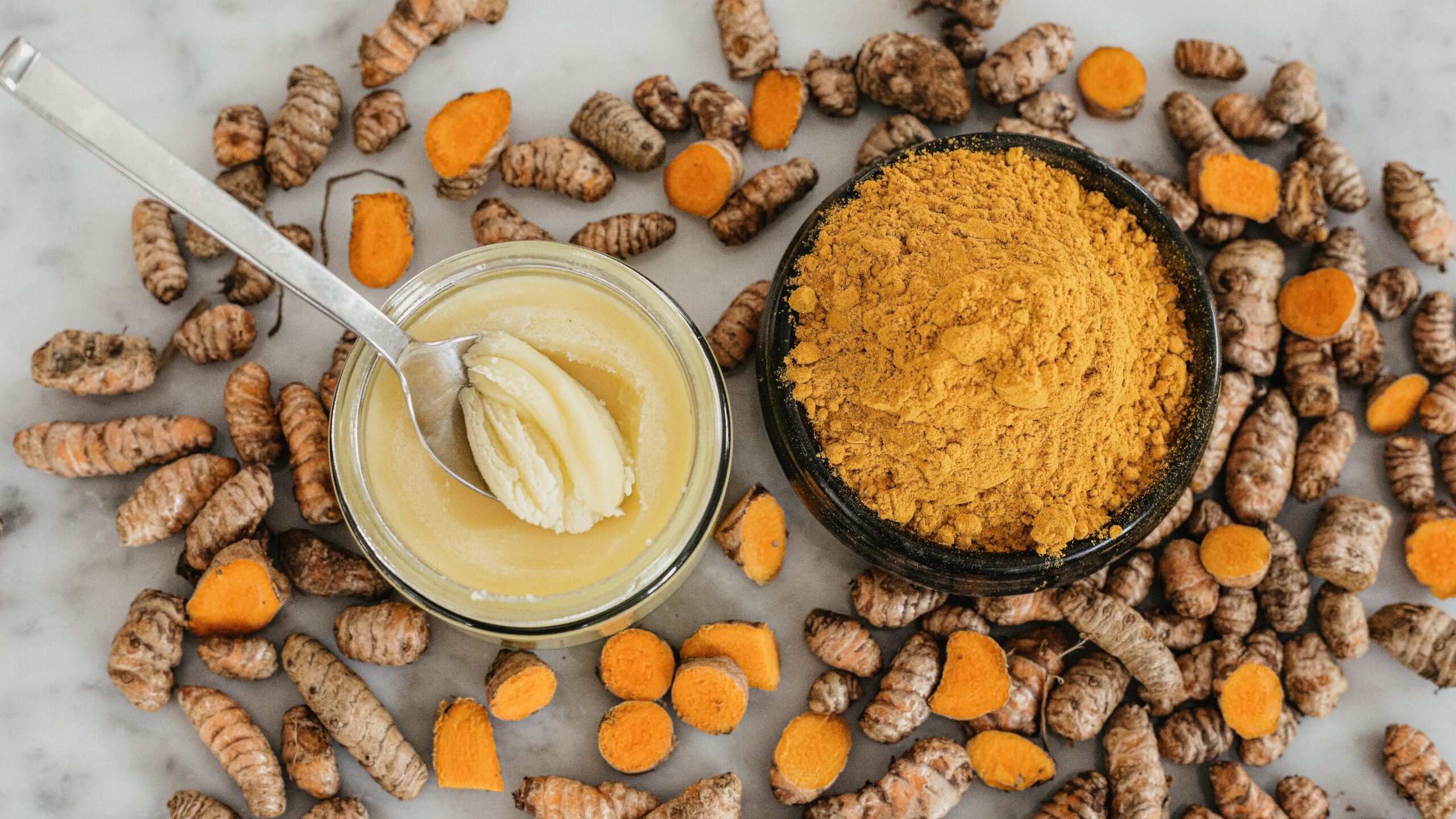
Food Choices to Increase Appetite
Another way to increase appetite is to consider your food choices. Foods that are heavy and cold tend to have a dampening effect on the appetite. Ayurveda teaches that though agni and pitta dosha are not the same thing, agni is contained within pitta (Halpern, 2012). There is indeed a fiery quality to digestive fire! Therefore, foods that increase pitta dosha—those that are light, spicy, warming, and sour—will tend to stimulate appetite and the digestive fire. Here are examples of foods to emphasize if you wish to stoke the digestive fire and thus increase appetite. These foods do tend to increase pitta dosha, so if you have a pitta constitution, you will want to reduce these foods once your appetite normalizes (Lad & Lad, 1994).
- Ghee
- Lemon
- Pickles
- Eggs
- Salty foods
- Basil
- Olives
- Onions
- Peppers
- Garlic
- Leafy greens
- Leeks
- Corn flour
- Buckwheat
- Millet
- Yogurt
- Miso
- Salmon
- Beets
Also, perhaps it goes without mentioning, but choosing to eat foods that are tasty and enjoyable will certainly increase your appetite! If you find yourself disinterested in food, stock up on your favorite foods, check out a new restaurant, or try out a new recipe. Boredom with food, eating the same food every day, or eating food that is bland and uninteresting can definitely deter the appetite.
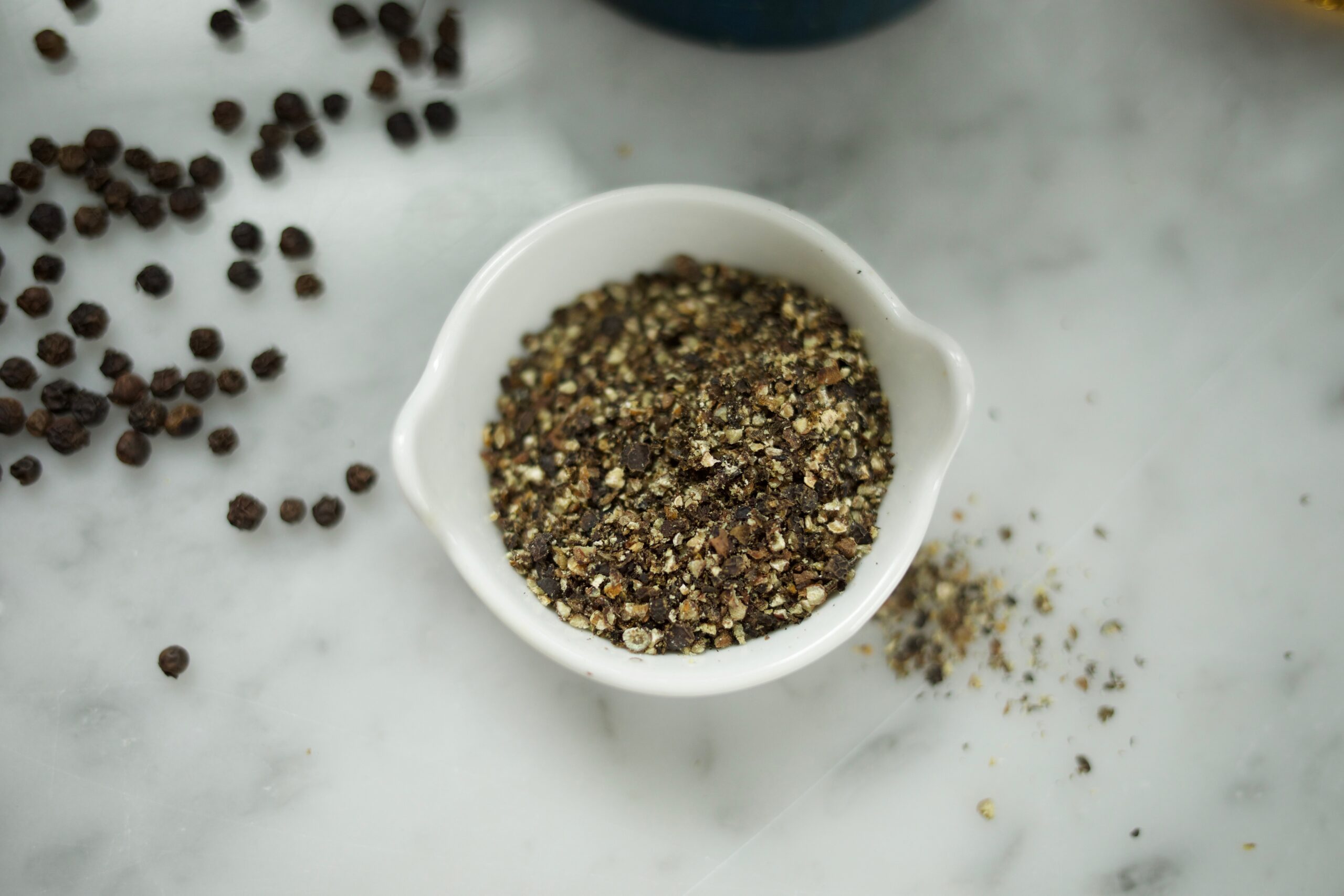
Spices and Herbs to Increase Appetite
It is important to distinguish the difference between appetite and digestive fire. The desire for food is not the same as the ability to digest it. However, true hunger is present when the digestive fire is functioning properly. People may crave food for the taste alone or for emotional reasons. The true physical need and desire to eat, though, is fueled by the power of one’s digestion. If digestion is slow, the appetite will be low.
According to ayurvedic author and scholar Dr. David Frawley, “Agni is increased by pungent, sour, and salty tastes” and “Spices are usually the best thing for increasing agni” (Frawley, 2000, p. 137). Frawley (2000) advises that some of the best spices for stimulating agni (and thus appetite) are cayenne (Capsicum annuum), ginger (Zingiber officinale), and black pepper (Piper nigrum). However, spices and flavorful food in general are suggested. Furthermore, if the digestive fire and thus appetite is variable, salty foods such as kelp and rock salt, cumin (Cuminum cyminum), ginger, and asafoetida are helpful in balancing digestion, dispelling gas, and therefore balancing appetite.
Foods with a sour taste, such as lemon, lime, and pickles are also helpful for stimulating appetite and digestion, especially long-term. Here’s a simple ayurvedic trick for increasing appetite before meals.
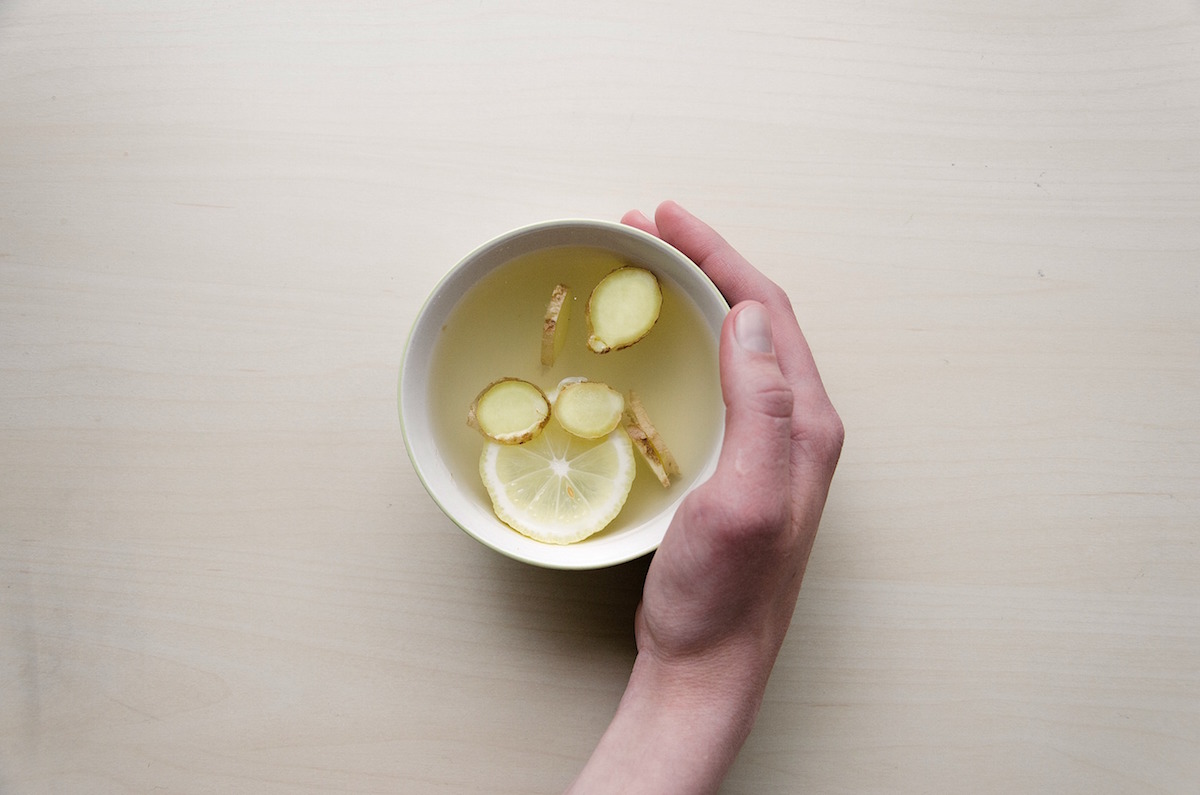
A simple lemon ginger appetizer for increasing the appetite before meals.
1 finger fresh ginger (Zingiber officinale) rhizome To Use: Eat a slice or two of ginger before meals to stimulate appetite and get the digestive juices flowing. Keep in the fridge for up to a week.
Lemon-Pickled Ginger Appetizer
Juice of 1 lemon
A pinch or two of salt
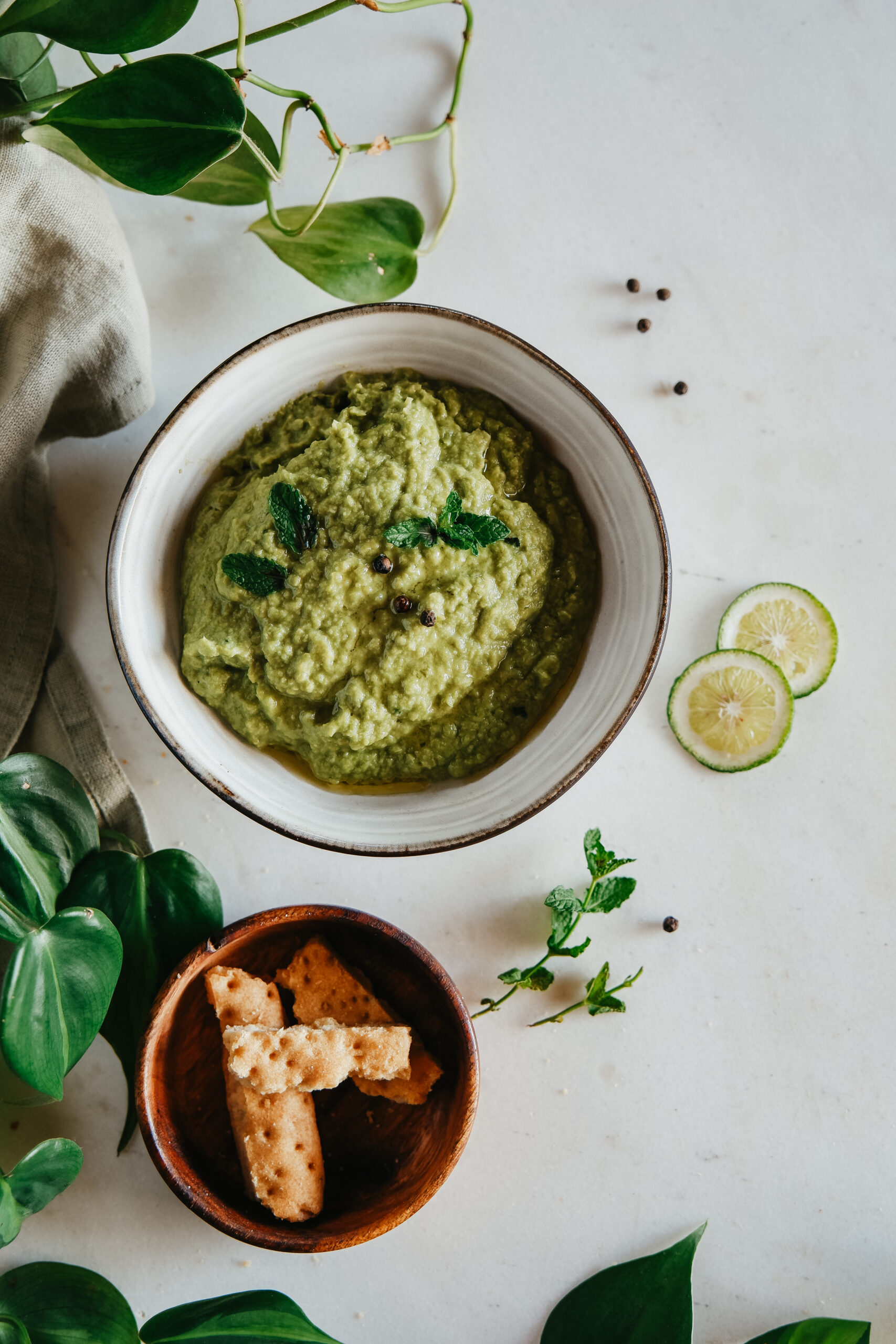
Carminatives For Appetite and Digestion
Indigestion, gas, and bloating are also factors that can all disrupt the appetite. If gas, bloating, and indigestion are interfering with appetite, along with looking at any potential food sensitivities or problematic food combinations, carminatives can be immensely helpful. Carminatives are herbs and spices that ease gas and bloating, have antispasmodic properties, and in many cases also have helpful antimicrobial effects that promote good gut bacteria while discouraging pathogens (Groves, 2016). Fortunately, there are a wide variety of tasty, aromatic carminatives to choose from, such as fennel (Foeniculum vulgare), cardamom (Elettaria cardamomum), anise (Pimpinella anisum), cumin (Cuminum cyminum), coriander (Coriandrum sativum), dill (Anethum graveolens), caraway (Carvum carvi), oregano (Origanum vulgare), ginger (Zingiber officinale), lemon balm (Melissa officinalis), peppermint (Mentha x piperita), and tulsi (Ocimum tenuiflorum)—to name a few. Carminatives can be used liberally as tea infusions and in cooking and seasoning. There is no shortage of ways to enjoy and benefit from these appealing, helpful herbs and spices.
This Green Pea Hummus recipe features a few flavorful and potent carminatives: mint, black pepper, and caraway seeds. Adding carminatives to sauces, dips, and chutneys can be an excellent way to maximize the use of these beneficial plant allies.
Also, some carminatives, such as lemon balm and tulsi, double as digestive herbs and nervines, offering dual benefits. Lemon balm (Melissa officinalis) is helpful in calming anxiety without sedating, eases nervous indigestion, and is gentle enough for children and adults alike (Groves, 2016). Tulsi (Ocimum tenuiflorum), which is considered a sattvic (purifying/clarifying) herb is helpful not only for soothing headaches and stress and releasing deep-seated emotions such as grief, but also calming abdominal distention and assisting in the absorption of food and nutrients (Dass, 2013).
In Closing,
Though a low appetite can be more than a bit of a drag, fortunately there are no shortage of supports available for addressing this issue. Taking stock of diet, lifestyle, and potential emotional factors is a great place to start. Also, underlying health issues can cause low appetite, so if this is a potential concern, consult with your healthcare provider. Furthermore, there are a bounty of appealing and pleasant-tasting spices and herbs that are ideal for increasing appetite. The plant kingdom has a wealth of herbs and spices that promote healthy digestion and appeal to the senses, thus assisting in igniting a healthy appetite.
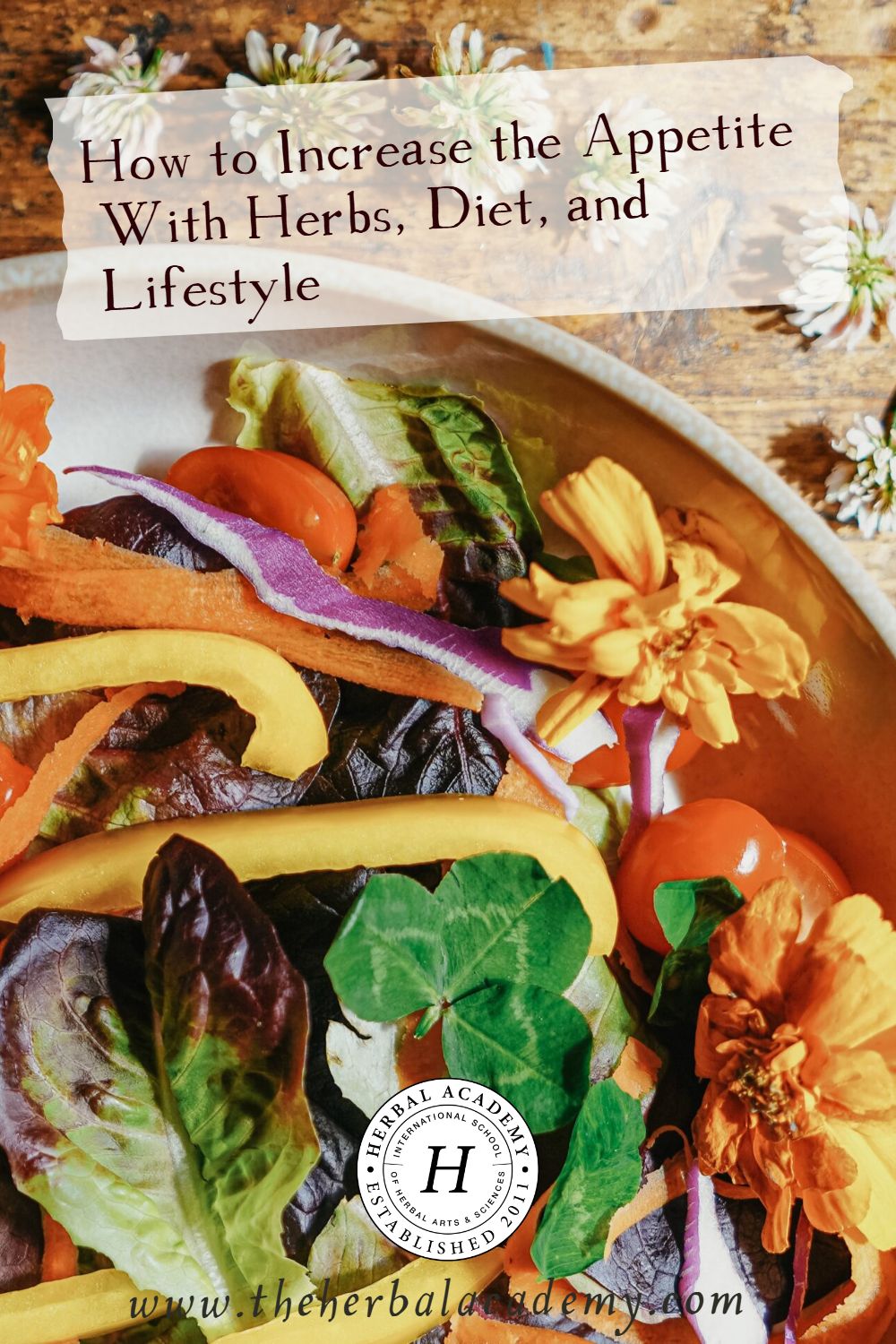
REFERENCES
Dash, B., & Sharma, R.K. (2014). Caraka Samhita (Vol. 1). Chowkhamba Sanskrit Series Office.
Dass, V. (2013). Ayurvedic herbology East & West. Lotus Press.
Frawley, D. (2000). Ayurvedic healing: A comprehensive guide. Lotus Press.
Groves, M.N. (2016). Body into balance: An herbal guide to holistic self-care. Storey Publishing.
Halpern, M. (2012). Principles of ayurvedic medicine (10th ed.). California College of Ayurveda.
Lad, V., & Lad, U. (1994). Ayurvedic Cooking for Self-Healing (2nd ed.). The Ayurvedic Press.








